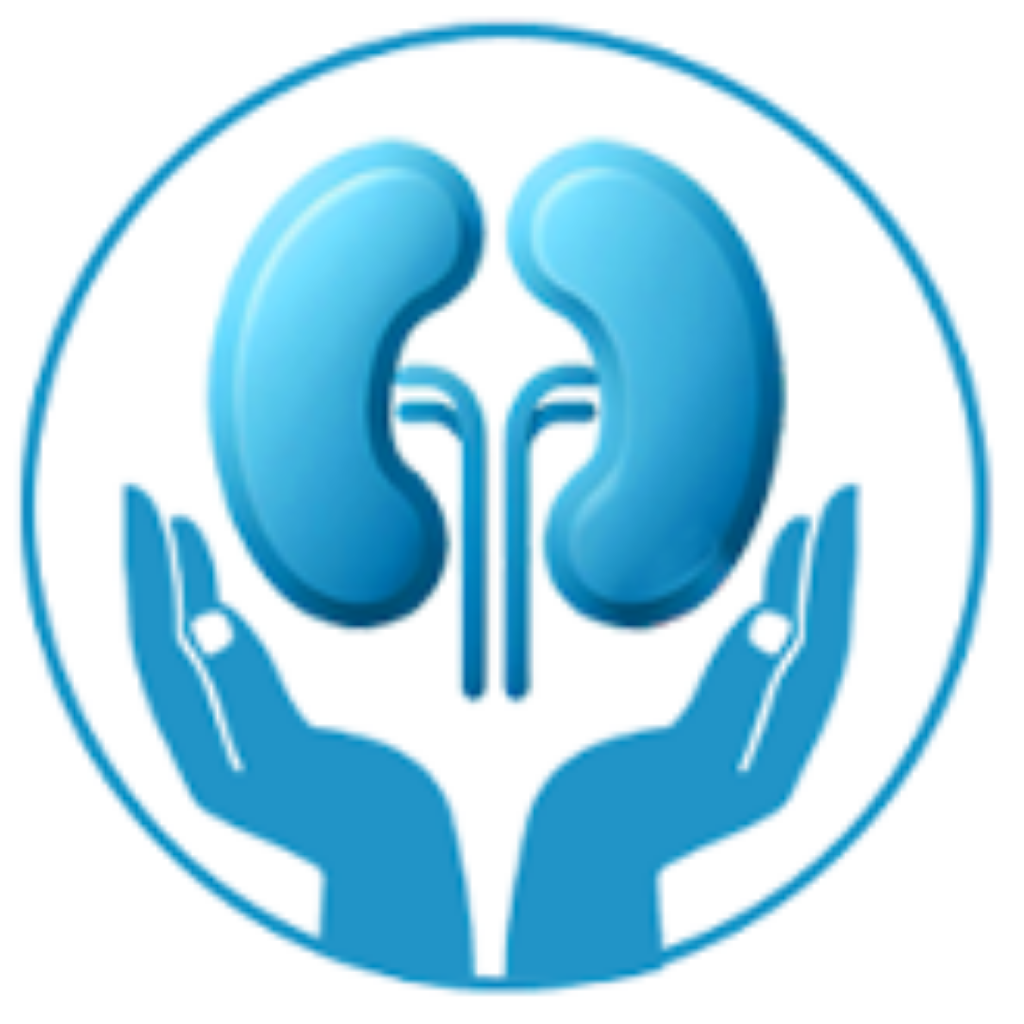Childhood cancers can be terrifying for parents to think about. Pediatric kidney cancer, while rare, is one of these concerns. However, if detected early, treatment is often more effective, bringing hope and reassurance to families. Early signs of kidney cancer in children are crucial for timely intervention and better outcomes. It’s vital to know what to watch for, despite its uncommon nature. Being informed about potential kidney cancer symptoms in children ensures preparedness and opens doors to swift childhood kidney cancer diagnosis and care.
Understanding Pediatric Kidney Cancer: What You Need to Know
Kidney cancer in children typically manifests as Wilms’ tumor, sometimes referred to as nephroblastoma. This type of cancer affects the kidneys, the bean-shaped organs responsible for filtering blood. Wilms’ tumor is the most common of the pediatric kidney cancer symptoms and primarily occurs in children around three to four years old.
Childhood kidney cancer signs can sometimes be linked to genetics. For instance, certain conditions like WAGR syndrome or Beckwith-Wiedemann syndrome increase risks. Age is also a factor, as younger children’s developing bodies are more prone to such vulnerabilities.
Parents must stay vigilant. Recognizing unusual changes early can make a significant difference in treatment success rates. It’s essential to be aware, even if there’s no incidence in your family history. Childhood kidney cancer prevention isn’t about avoiding risk but about knowing what changes in your child’s health to monitor.
Understanding this disease equips caregivers with the power to act promptly. Fostering a proactive approach in monitoring your child’s health and seeking medical advice when necessary can yield better treating childhood kidney cancer outcomes. Education and continual awareness are indispensable in safeguarding your child’s wellness.
Recognizing Key Pediatric Kidney Cancer Symptoms: A Parent’s Guide
Detecting the early signs of kidney cancer in children can be tricky. Often, symptoms may appear as normal childhood ailments. Observing these subtle signs, however, can prompt you to seek medical advice.
- Swollen abdomen: An unusual bulge or swelling could signal a potential issue. Check with a healthcare provider if it occurs without injury.
- Blood in urine: Also known as hematuria, seeing blood when your child urinates is a warning signal. Though it might stem from less serious causes, it’s worth investigating.
- Fevers or hypertension: Persistent fever and high blood pressure are non-specific but can accompany other pediatric kidney cancer symptoms.
- Loss of appetite: Children usually experience bouts of picky eating, but an ongoing aversion to food warrants attention.
- Tiredness and fatigue: It’s normal for active kids to feel worn out. But constant fatigue could point to underlying health issues.
Taking note of these changes helps distinguish between benign health problems and more serious concerns. The role of parents is critical: vigilant, yet not overly anxious. Childhood kidney cancer treatment options expand with earlier detections, emphasizing the importance of seeking professional insight when instincts indicate something might be wrong.
When noticing any unusual health patterns in your child, consulting a healthcare provider is essential. Diagnostic processes might include simple tests like ultrasounds or CT scans to provide clarity. These are safe and straightforward methods to rule out or confirm suspicions and won’t inconvenience your little one.
Staying hyper-aware of your child’s health helps in the childhood kidney cancer diagnosis process. While not every odd symptom suggests something severe, a cautious approach can ease concerns and ensure safety. The key is balance, informed awareness, and readiness to act if needed.
Acting Early: Diagnosing and Managing Kidney Cancer in Children
The importance of early detection cannot be overstated. Regular visits to a pediatrician can catch potential health issues before they advance. Routine check-ups allow for timely childhood kidney cancer treatment options discussions if any anomalies arise.
If there’s cause for concern, doctors might employ several diagnostics:
- Imaging Tests: Ultrasounds or CT scans provide a detailed view of your child’s kidneys, highlighting any abnormalities.
- Blood and Urine Tests: These tests reveal essential clues on how well the kidneys are functioning.
The path to managing a diagnosis isn’t easy. However, modern medicine offers several effective treatments. From surgery to remove a tumor, chemotherapy, or in some cases, radiation therapy, each approach provides a strategy to combat the disease. Familiarize yourself with these treating childhood kidney cancer methods to better navigate the journey with knowledge and confidence.
Part of treatment is managing emotional well-being too. Navigating a diagnosis impacts the entire family, not just the child. Seeking resources, joining support groups, and maintaining open communication with healthcare teams can relieve some emotional burdens.
Conclusion: Empowering Parents Through Awareness and Action
Being aware of kidney cancer symptoms in children is the first step in saving lives. Early detection can provide a chance for successful intervention. Scheduled health check-ups ensure your child’s well-being remains a priority, fostering preventive health care.
Dialogue with healthcare providers is crucial; they’re your partners in well-being. Engaging with them allows you to express concerns early and explore childhood kidney cancer prevention strategies.
Remember, you’re not alone. Use available resources like support networks and educational materials to stay informed. Being ready and attentive is your best defense in securing your child’s health and happiness. Together, through alertness and informed care, we can achieve peace of mind and nurture our children’s futures. The power lies in awareness and proactive health management.
Kidney cancer in children, though rare, can occur and is most commonly diagnosed as Wilms’ tumor. This cancer typically affects children under the age of 5 and can cause symptoms such as abdominal swelling, pain, blood in the urine, and fever. Early detection and treatment are crucial for successful outcomes, as the tumor can grow quickly if not treated promptly. If you notice any unusual symptoms in your child or have concerns about kidney cancer, it’s important to consult a specialist.
Sepuri Kidney Centre offers expert diagnosis and advanced treatment options for kidney cancer in children.
Don’t wait—consult Sepuri Kidney Centre today for a comprehensive evaluation and tailored care for your child’s health.

